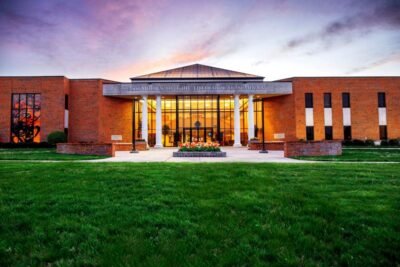
Theological Seminaries in New Jersey
New Jersey’s leading seminaries for your spiritual and academic journey
Best Theological Seminaries in New Jersey
New Jersey is home to a diverse range of theological seminaries that provide rigorous academic programs and a supportive environment for spiritual formation.
Whether you’re preparing for pastoral ministry, missions, or academic theological work, New Jersey’s seminaries are committed to helping students deepen their faith and gain the practical skills needed for effective ministry.
These institutions offer a comprehensive theological education that balances academic theory with hands-on ministry training.
Top Theological Seminaries in New Jersey
Here are some of the most well-known and respected theological seminaries in New Jersey:
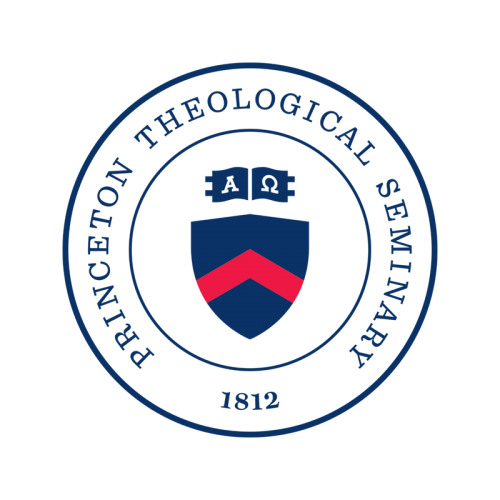
Princeton Theological Seminary
Location: Princeton, NJ
Denomination: Presbyterian (PCUSA)
Notable for: Princeton Theological Seminary is one of the oldest and most prestigious seminaries in the United States, offering a strong focus on Reformed theology. It provides extensive degree programs, including M.Div., Th.M., and Ph.D. programs, and is renowned for its scholarly faculty and research.
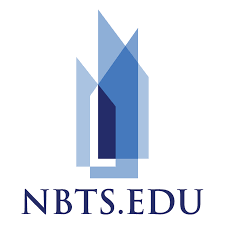
New Brunswick Theological Seminary
Location: New Brunswick, NJ
Denomination: Reformed Church in America.
Notable for: New Brunswick Theological Seminary is the oldest seminary in North America, affiliated with the Reformed Church in America. It offers a variety of degrees, including M.Div. and D.Min., and emphasizes practical ministry training and social justice. Its urban campus supports diverse, multicultural ministry opportunities.
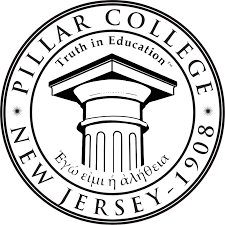
Pillar College
Location: Newark, NJ
Denomination: Evangelical
Notable for: Pillar College offers theological education with an emphasis on Christian leadership and urban ministry. Their programs cater to students preparing for ministry in urban settings, providing practical and theological training for pastoral and community leadership roles.

Immaculate Conception Seminary School of Theology
Location: South Orange, NJ (Seton Hall University)
Denomination: Roman Catholic
Notable for: As part of Seton Hall University, Immaculate Conception Seminary provides comprehensive formation for those pursuing priesthood or lay ecclesial ministry. It offers advanced degrees in theology and pastoral ministry, with a focus on Catholic doctrine and pastoral care.
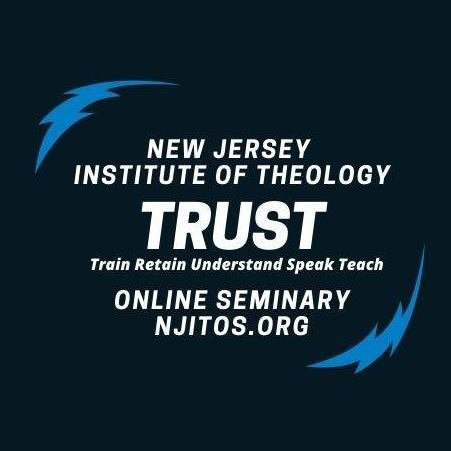
New Jersey Institute of Theology
Location: Online
Denomination: Non-denominational
Notable for: The New Jersey Institute of Theology is an online seminary providing accessible theological education for students worldwide. It offers flexible programs in biblical studies, theology, and ministry, catering to both laypeople and those pursuing formal ministry roles. With a focus on affordability and accessibility, it aims to equip individuals for effective Christian service without the need for traditional campus attendance.
Why Choose a Seminary in New Jersey?
Choosing a seminary in New Jersey offers several key benefits:

Proximity to Urban and Cultural Centers
Being near major cities like New York and Philadelphia offers students access to internships, ministry opportunities, and vibrant cultural experiences.
Academic Excellence
Seminaries such as Princeton Theological Seminary and Immaculate Conception Seminary have prestigious reputations, providing high academic and spiritual formation.
Flexible Learning Options
Some institutions, like the New Jersey Institute of Theology, offer online programs, providing flexibility for students with busy schedules.
(FAQs) About Theological Seminary in New Jersey
New Jersey offers seminaries from various traditions, including Roman Catholic, Reformed, Presbyterian, and non-denominational Evangelical.
Yes, seminaries like the New Jersey Institute of Theology offer fully online programs for flexibility.
Seminaries in New Jersey offer degrees like M.Div., Th.M., and D.Min., along with certificates in theology and ministry.
Most seminaries offer financial aid, scholarships, or work-study opportunities.
The state offers a blend of academic excellence, proximity to cultural hubs, and theological diversity.
